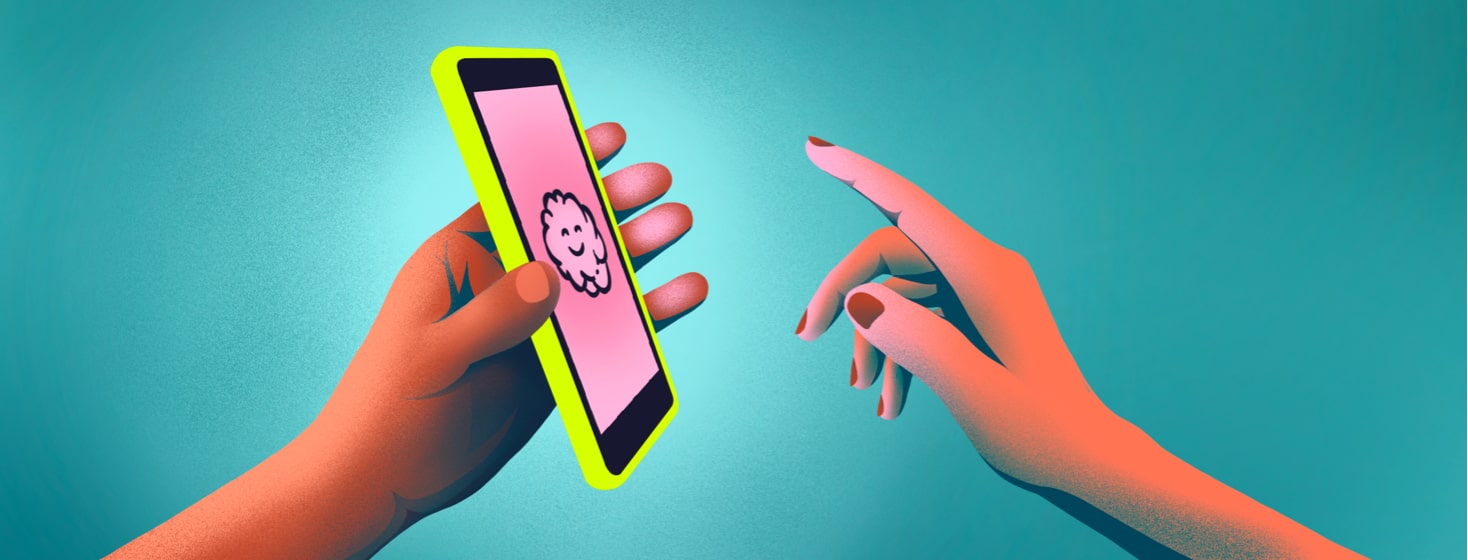Interview with AlzBuddy App Developers
We recently had the opportunity to interview the developers of the AlzBuddy app, Rithvik and Vedant. They talked to us about their inspiration for developing this app, how it works, and how they developed it.
The Congressional App Challenge
First and foremost, did you win the competition that brought you to develop this clever app? How have you been enjoying this new celebrity status in the Alzheimer's community?
After months of development, the first iteration of AlzBuddy was awarded first place in the Congressional App Challenge held in Texas' 30th Congressional District. We were subsequently invited to share the app at the House of Code on Capitol Hill.
Future implications for technology and Alzheimer's
As young people working to make a difference in the Alzheimer's space, our knowledge of technology and its applications allows us to create new solutions to pertinent issues.
We didn't know where our initial efforts would even take us and certainly didn’t expect the traction we received. We don’t see ourselves as celebrities but more as people trying to make a positive change in a meaningful community.
Personal connections to Alzheimer's and dementia
What inspired you both to go this route? What is your relationship with Alzheimer's disease?
Our combined experiences and personal connections to family members living with dementia inspired us to create AlzBuddy. Rithvik spent dozens of hours volunteering at a local nursing home for those with dementia, while Vedant shadowed a medical professional who had years of experience working with people with Alzheimer's.
This led us to realize the significant need for individualized activities for seniors living with dementia. Since we both knew how to code and create apps, we thought we could effectively address the problem, leading us to create AlzBuddy.
Valuable feedback and insight throughout development
What else helped to inform the development of this app? Obviously, people living with Alzheimer's process information differently, especially as they progress into the middle and late stages of Alzheimer's. Did you have to make special considerations? How has this project changed your perspective? Was there anything you learned along the way that really surprised you?
Outside of our local Alzheimer's Association chapter, we received valuable feedback from multiple local nursing home administrators and dementia subject experts to develop AlzBuddy. We also received insight from app developers and UI experts for the development of the app as a whole.
We had to make numerous features and considerations for the development of AlzBuddy, given that people living with the disease process information differently.
We spent a lot of time narrowing down on features that were easy to use but provided high benefits in return, like music and pictures. We also spent time including more instructions and navigation buttons to make the app more straightforward to use and navigate.
Finally, we tried to limit the need for user input as much as possible to make the app easily accessible and usable without much hassle. We're proud to say that the current version of AlzBuddy has a 7/10 UI rating from nursing home administrators.
Making a positive impact together
This project has shown us that as young people, we can bring our ambitious ideas to life and make a positive impact with persistence and guidance. We couldn't imagine that AlzBuddy would be where it is today. It is genuinely because of the valuable advice and feedback we have gotten from industry experts that have helped us make a positive impact.
We were most surprised at how well residents and users have responded to the app. Whether it's seniors singing along, recognizing familiar faces, or asking for the app themselves, it is so gratifying to see the positive impact our creation has had on others.
Although we knew seniors could benefit from the app, we didn't know what to expect once we launched on mobile app stores, but we've been pleasantly surprised to see the positive responses.
Looking forward and apps for Alzheimer's
Where do you hope to see yourself in 5 to 10 years? Has this experience influenced those goals for you at all?
Working on this app has reinforced our desire to continue making a positive impact on the lives of others throughout our careers. There is no greater satisfaction than that received from helping another person.
Rithvik specifically is interested in entering the computer science industry, where he can continue using developments in technology to advance society and create positive change.
Vedant wants to be a medical professional, most likely a neurosurgeon, where he can directly improve the lives of those suffering from neurological disorders through treatment.
The future ahead is bright
What would you say to someone who was just recently diagnosed with Alzheimer's disease?
With the growing applications of powerful technologies like artificial intelligence, scientists have never been more prepared to identify powerful treatments and even a cure for this devastating disease.
We would say that they should be optimistic about the future. The future ahead is bright.

Join the conversation